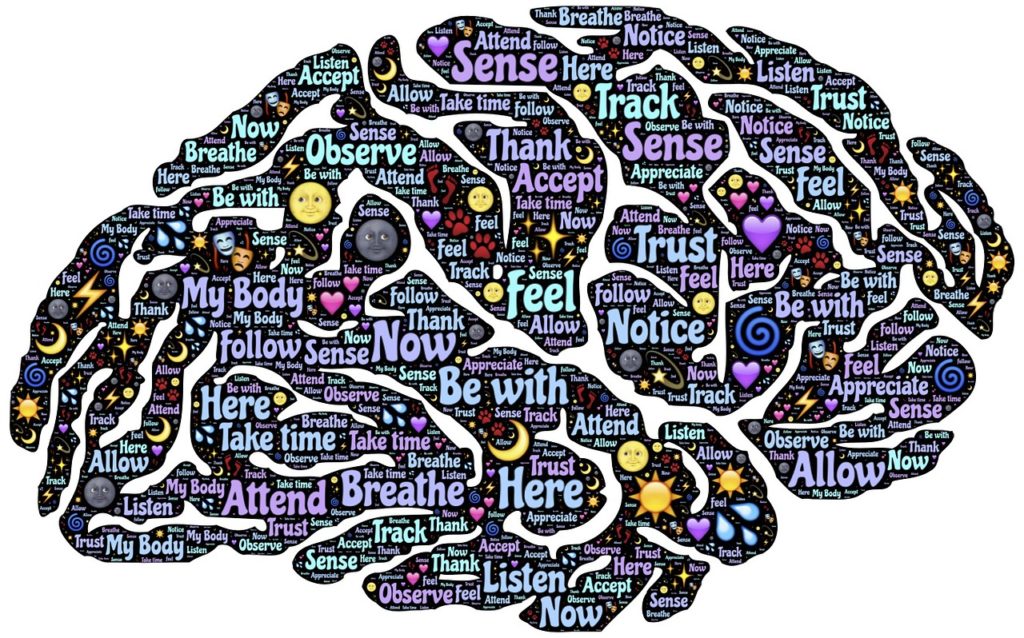Most people seek what our culture has taught them to value most highly – i.e., happiness! We seem to be constantly planning for, preparing for, hoping for, and trying to do…what we think will bring us happiness. If someone were to ask, “Are you happy?,” you might find that you may well be in any given moment – for “happy” is both a momentary and transitory emotion (in fact, all emotions are); that is, it’s a feeling that comes and goes as the result of a usually identifiable event, and may even linger for a while if one learns to mindfully enrich the pleasant experience.
But, arguably, the more appropriate question to ask is, “Are you well?” For this is asking about your enduring mood, outlook, and overall state of mind; this is an inquiry into your sense of well being. In short, a positive and healthy well being means you are in a much better place to experience, enjoy, weather or navigate the ups, downs, and in-betweens of life.
In healthy well being, you will experience the feelings of happiness…but also sadness …and a host of other not always pleasant yet deep, rich, and appropriate emotions. If you know (or suspect) that you’re “not well,” it is most likely (at least in part) because you’re not attending to all your real needs.
For many, this means not paying sufficient attention to 1) what those needs are, or 2) how to best meet and satisfy them. As to the latter, the good news is one can do something about it! One strategy is to look at what you do – as in how you spend your time – and consider how much of it is aligned with purposeful effort directed in pursuit of PERMA elements, as described below.
Five Practices that contribute to Well Being
Using the framework of Seligman’s PERMA [below] is one approach to looking more closely and more deeply into the elements of one’s life that contribute to that all-important pursuit of happiness we are, if we choose, so fortunate to engage…
Positive emotions: What you feel whenever your actions are guided by your values; includes “simple pleasures,” complex challenges, and goal-oriented activities.
Engagement: Times/activities when you are truly absorbed, and committed to what you are doing (a.k.a. “in flow” or “in the zone”). E.g., learning something new; applying, or developing, or practicing a skill; deep and stimulating conversation…
Relationships: Surrounding yourself with valued, meaningful, and positive relationships will inspire, validate, and re-energize you.
Meaning: Serving something that you believe is bigger than yourself. E.g., a spiritual practice; standing up for what you believe and making the world a better place; an altruistic pursuit; serving in/being part of a positive group, or group effort.
Achievement: Gives one purpose, reward, and fulfillment…and even when only pursued for its own sake(!). E.g., playing an instrument; becoming a good card player or video-gamer; making money(!); a dedicated “hobbiest” (playing a sport, gardening, etc); being [more] educated about a given subject, discipline, topic…

